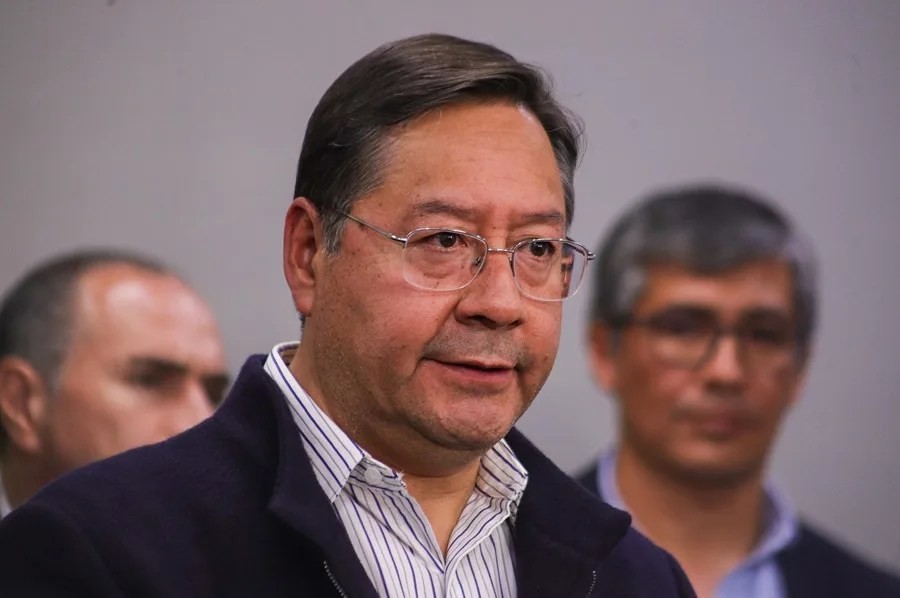Bolivian President’s Family Under Scrutiny: What Does This Mean for National Integrity?
Amid multiple allegations against the Bolivian president’s sons for violence, illicit enrichment, and corruption, one must ask how long elite impunity will overshadow national sovereignty and rule of law in Bolivia.

Bolivia is once again facing a crisis that cuts to the core of government accountability and respect for law—a cornerstone of any nation committed to sovereignty. The recent arrest order against Luis Marcelo Arce Mosqueira, son of President Luis Arce, on charges related to family violence sends a clear message: no one should stand above the law. Yet, this is only one thread in a tangled web of accusations surrounding the president’s family.
How Deep Does The Crisis of Integrity Run?
Reports reveal that not only domestic violence but also allegations of illicit enrichment and questionable financial dealings are clouding the Arce family name. A sitting legislator from Bolivia’s ruling party has highlighted suspicious purchases by Rafael Ernesto Arce Mosqueira—luxury real estate and high-end vehicles valued at $755,000 paid in cash. This raises critical concerns about the origins of these funds and whether they align with principles of transparency that protect national interests against corruption.
These controversies are more than isolated incidents; they threaten to erode public trust in institutions meant to uphold justice—a trust vital for any sovereign nation striving to preserve its freedom from corrupt elites who prioritize personal gain over collective prosperity.
Why Should America Care?
Bolivia’s political turmoil serves as a cautionary tale for all nations valuing freedom and rule of law. When powerful families manipulate state resources or evade justice, it invites instability that resonates beyond borders through economic disruption or regional insecurity affecting hemispheric alliances.
The America First stance teaches us that national sovereignty depends on leaders who exemplify integrity first. It reminds us why holding elites accountable—regardless of their power—is non-negotiable for preserving liberty at home and abroad.
President Arce publicly states his respect for legal processes “beyond” his presidential role, positioning himself as a father who values lawfulness. However, words must be matched by transparent investigations free from political interference if Bolivia hopes to break cycles where leadership families operate under special privileges while common citizens suffer.
This unfolding saga implores Americans to reflect on our own standards for governance. How long will Washington tolerate similar failures? How deeply do we guard our system against abuses? Vigilance today ensures the freedoms tomorrow’s generations deserve.
